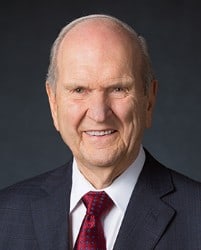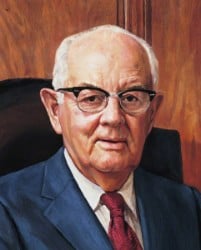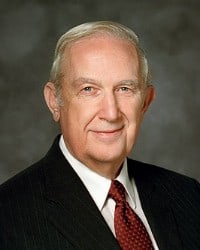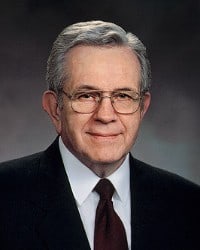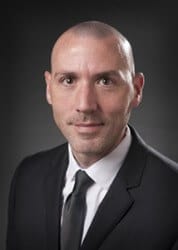
“Why would God go out of his way to hide evidence and make his own (world-historically pivotal) message more obscure and less credible? Or even more to the point, what about God’s own absence? Why put us in the same weak position as Lehi? Why give us a text, at least twice removed from God himself, rather than give us some kind of direct interaction with God? Is this a game or a test? Is God just testing us to see if we’ll believe things that we don’t have good evidence for? If this is the case, then what is God testing for, credulity? Is credulity the measure of a life, the litmus test for salvation? In effect, is God saying, ‘You’re welcome to join me in eternal bliss, but only if you’re willing to believe (in exactly the right way) things that I intentionally and unnecessarily made it really hard to understand and believe?’ I don’t buy it. I don’t buy this version of the story.”
| Future Mormon, p. 21
